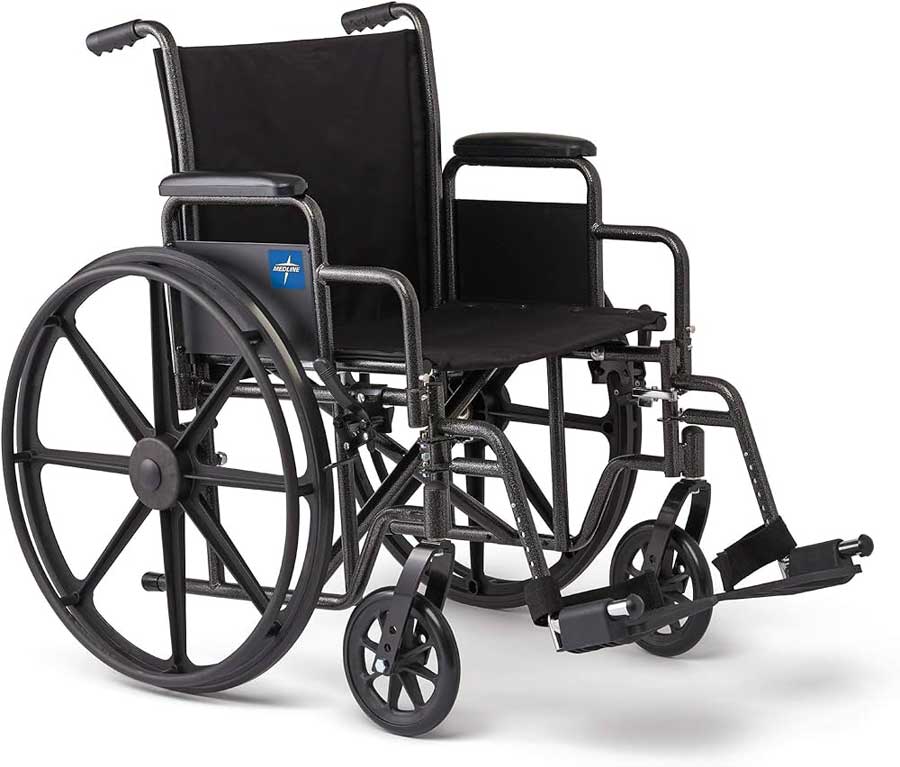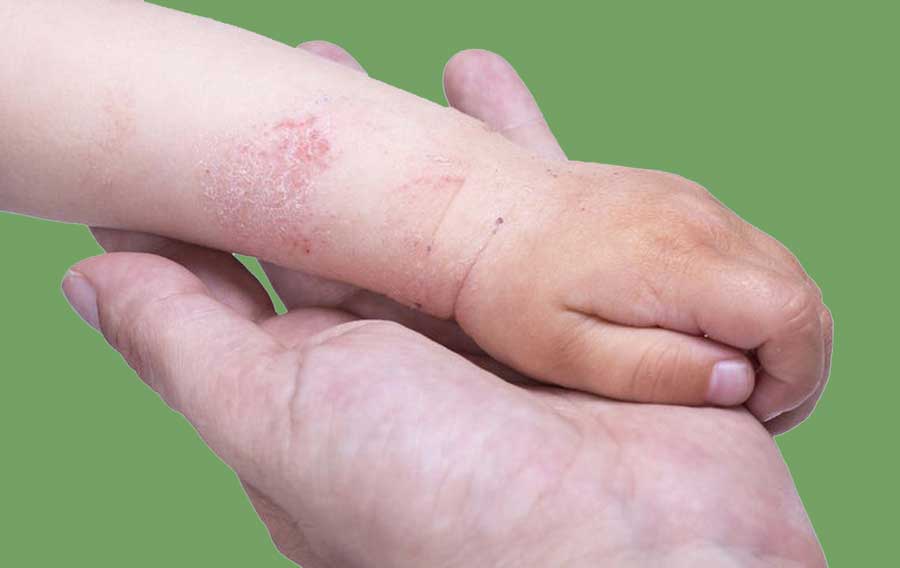Side Effects of Too Much Caffeine – Talking about caffeine cannot be separated from coffee and black tea because both are drinks that are rich in caffeine.
Tea and coffee are healthy drinks, with the presence of caffeine in them it can improve mood, mental and physical performance. Drinks that contain caffeine are safe for consumption in low to moderate amounts.
If the caffeine intake is too high for the body, there may be dangers and side effects of the caffeine.
Everyone has differences in terms of genes, so that there are those who can consume more caffeine and some who cannot stand the high intake of caffeine. If you consume excessive amounts of caffeine, there will be side effects. Below we talk about what are the bad effects of consuming too much caffeine.
Side Effects of Consuming Too Much Caffeine
1. Caffeine causes anxiety
As we all know that caffeine can increase alertness. When a person drinks coffee or other drinks rich in caffeine, it works by blocking brain chemicals that cause fatigue. Besides that, caffeine also releases adrenaline which then a person feels an increase in energy.
If you consume too much caffeine, then these effects will turn into anxiety and nervousness. That’s the bad effect if too much caffeine in the body.
Also see: How to Make Coffee Without a Coffee Maker
How much caffeine is excessive? If the daily intake of caffeine reaches the amount of 1000 mg every day or more, then a person will experience nervousness, anxiety and various other similar symptoms. Likewise, if a person is sensitive to caffeine, moderate amounts can also cause anxiety in him.
If you feel anxiety, then you have to remember how much caffeine you have consumed. If it is true that you have consumed excess caffeine, try to limit or stop it for a while.
2. Caffeine causes insomnia
The side effects of consuming excessive caffeine can also cause insomnia. Insomnia is a sleep disorder that causes the quality of your sleep to decrease.
We know that consuming caffeine can increase alertness and prevent drowsiness. If you drink too much coffee or black tea, you will avoid sleeping or have trouble sleeping.
When you can’t sleep for a long time, other health problems will happen to you. Lack of rest can cause many problems in the organs of the body. So, don’t get too much caffeine if you don’t need it.
Caffeine is usually found in coffee or tea drinks, but is not limited to this drink. Caffeine is also found in several types of drugs, sodas, and energy drinks.
The side effects of caffeine will differ from one individual to another. This is related to a person’s genes, sometimes there are those that do not really affect a certain amount of caffeine, but there are also those who consume the same amount who already feel the effects such as not being able to sleep (insomnia) and others.
3. Caffeine causes digestive problems
Some people experience easy bowel movements when drinking coffee. This is only natural because coffee releases gastrin, this is a hormone that is produced in the stomach and accelerates intestinal activities such as waste disposal.
Likewise with decaffeinated coffee, it also has a similar effect, which is to facilitate the passage of feces. Drinking coffee is said to smooth peristalsis or contract the movement of food in the intestines.
Now, when you look at this fact, it is not surprising that excessive caffeine consumption can cause diarrhea in most people.
In addition, drinking caffeinated beverages should not be arbitrary because in some cases it can cause problems with gastroesophageal reflux disease (GERD). This is especially true of the caffeine in coffee.
4. Caffeine Causes Addiction
Caffeine is an addictive substance, although it has a number of health benefits but sometimes caffeine becomes bad when it becomes a habit that cannot be separated. However, his addiction is different from the addiction caused by illegal drugs such as cocaine and amphetamines.
Dependence on caffeine is also influenced by the frequency of drinking the drink. If you only drink coffee occasionally, you are certainly not addicted. However, if you drink every day or twice a day, you will be more likely to become addicted.
Also see: 10 Coffee Health Benefits for You
5. Caffeine causes muscle damage
A serious health problem can occur due to caffeine. It can cause the breakdown of muscle fibers and enter the bloodstream, this is called “Rhabdomyolysis”. If these damaged muscle fibers enter the bloodstream, it can cause kidney problems and even lead to kidney failure.
In general, rhabdomyolysis is caused by trauma, infection, drug abuse, muscle strains and due to snake bites and venomous insects.
However, there are several reports about the occurrence of rhabdomyolysis due to excess consumption of caffeine, but this is relatively rare.
There is a case that happened to a woman, she experienced dark urine, nausea, and vomited after drinking one liter of coffee. 1 liter of coffee contains 565 mg of caffeine. But then he recovered after receiving treatment with drugs and fluids.
To minimize the side effects or risk of rhabdomyolysis, you should limit your caffeine intake to 250 mg per day. Unless you are used to consuming more. In addition, a person’s body is also different, some are sensitive to caffeine and some are immune and stronger so they can accommodate a lot of caffeine.
6. Caffeine causes high blood pressure
In general, caffeine does not cause heart disease, stroke in most people, but drinking excessive caffeine sometimes causes high blood pressure.
This increase in blood pressure is the effect of a stimulant on the nervous system. High blood pressure is also scary because it can cause heart attacks and strokes. This is because continuous high blood pressure can cause arterial damage. The bad result, this can limit blood flow to the heart and brain.
But fortunately, the effect of caffeine in the blood is only temporary so it is not too dangerous, but this is different if consumed by those who are not used to it.
Consuming caffeine must pay attention to the time and dose, especially for those of you who have experienced high blood pressure.
7. Caffeine causes fatigue
Tea and coffee as well as several other caffeinated drinks have been shown to increase energy. However, caffeine can also cause the opposite, namely fatigue. This happens when caffeine is no longer in the body, then the body becomes tired.
In a study on 41 people, they consumed caffeine and they experienced alertness and mood enhancement. But the next day, participants often experience fatigue.
Also read: 9 Jasmine Tea Health Benefits
8. Caffeine causes a faster heart rate
When large amounts of caffeine enter the body, it often causes a faster heart rate in some people. It can even cause the heart rhythm to change or it is called atrial fibrillation.
In one case, a woman consumed large amounts of caffeine powder and caffeine tablets with the intention of committing suicide. As a result, his heart beat very fast, kidney failure, and other serious health problems.
But not everyone will respond to this the same, there are also those who are resistant and have no problem with the effects of caffeine like this.
Ok, despite the various research results, you have to be careful about consuming caffeinated drinks. If you find your heart rhythm changes then you should stop immediately and reduce the dose at a later time.









